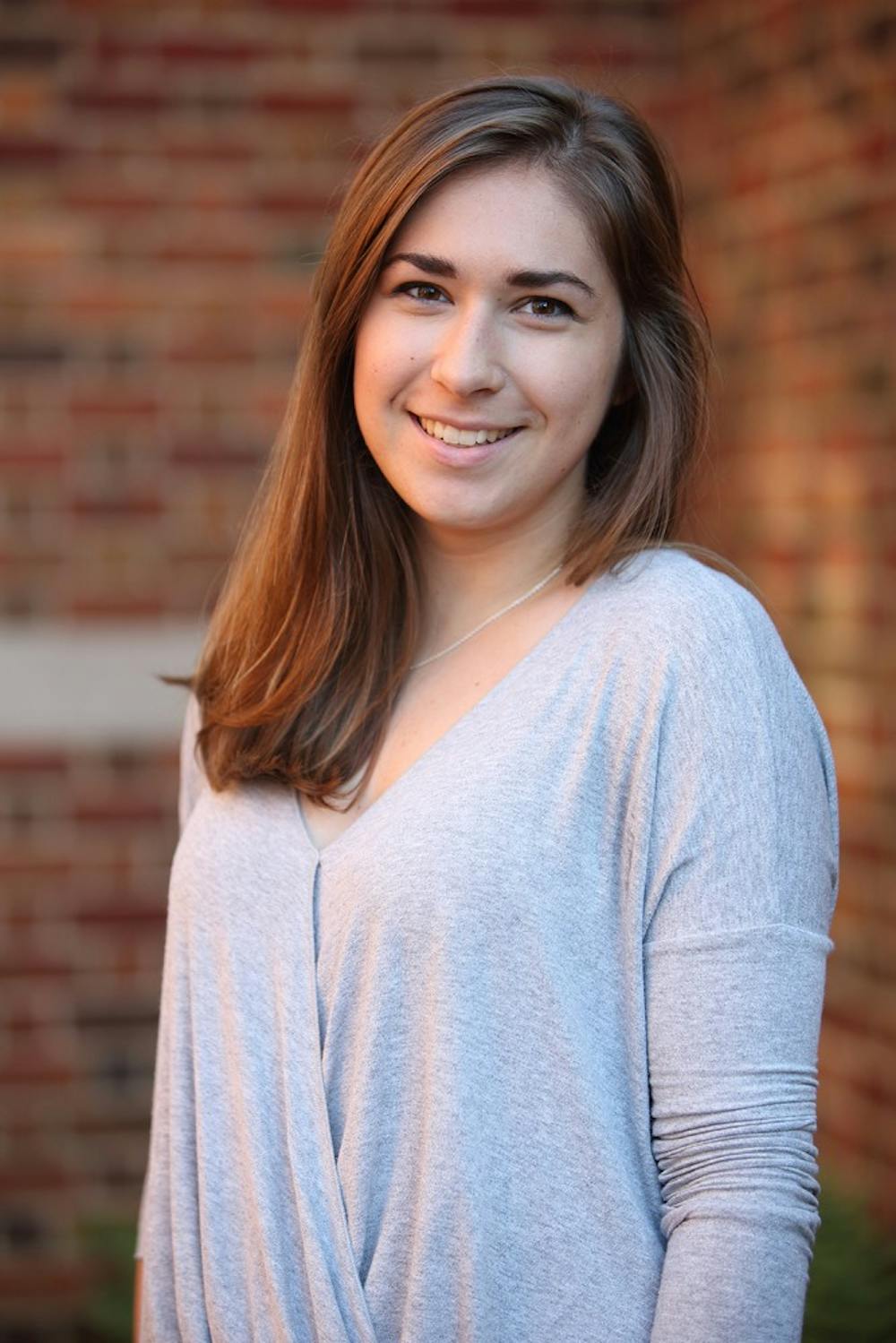A couple of weeks ago while running down McCormick Road in one of late April’s torrential downpours, I watched, disheartened, as the Outer Loop I had planned on riding to Gilmer Hall pulled away just as I was crossing the street. Almost immediately, I found myself tracing back the steps of my morning — if only I hadn’t snoozed my alarm or indulged in that second cup of coffee, I would have made the bus. However, I had done both of those things and thus was left standing on the sidewalk as my bag filled up with rainwater.
In the grand scheme of things, this is a relatively innocuous example of a thinking pattern I’ve recognized in myself time and time again. I trace back the strings of decisions and events that have lead me to particular outcomes. Psychologists call it counterfactual thinking — the tendency to change an aspect of the past and imagine what might have been.
If I had budgeted my paycheck smarter, then I could treat myself to a nice dinner with friends this weekend. If only I had studied for a few more hours, I would have gotten a better grade on my exam. Some examples are much heavier than others. If only we had caught my dad’s cancer earlier, we would have had more time. Others are far more positive. If I hadn’t chosen this University, I never would have met you. This last thought sticks out to me in particular, both for the weight it carries and for the frequency with which it crosses my mind.
When I think back on my decision to come to school here, I think of all the wonderful traditions, professors and discussions I would never have experienced. But it’s the people that I’ve met here that have truly touched my life in ways I could never have imagined. From small comforts in first-year dorms when we were all missing home, to an offer to drop everything and drive me 300 miles back to New Jersey so I could spend a weekend with my family, the people I have met here at the University have taught me what it really means to be a friend.
If I had gone to school anywhere but this University, I would never have made the connections and memories that have defined these last three years. I would have never experienced a nine-month-long sleepover with one of my closest friends, sharing secrets and stories about our daily adventures before calling lights out. There would have been no notes of encouragement slipped underneath my door on days when I found myself struggling, no three-hour-long lunches in our basement kitchen that always served as the perfect distraction when reality came knocking. No late night snacks in my second-year apartment, no “honesty hours” with friends from my first-year dorm.
The overactive part of my brain will always wonder what would have happened if I had chosen another school, if I hadn’t lived in Shannon, taken that astronomy lecture or joined the clubs and organizations I did. What I’ve learned this year is that there are things in life you can’t change, and the best you can do is embrace the moments you are given with people you love. When things get rough, which they always do, they are going to be the ones you’ll call on.
Sometimes you miss the bus or get caught in the rain. Sometimes, it’s something much harder. Thankfully, the people I’ve met here at the University are the kind who will give you a ride or hold your umbrella without hesitation. And while I may not be able to stop myself from speculating as to what my life would be like without them, I take comfort in the knowledge I’ll never have to know for sure.







